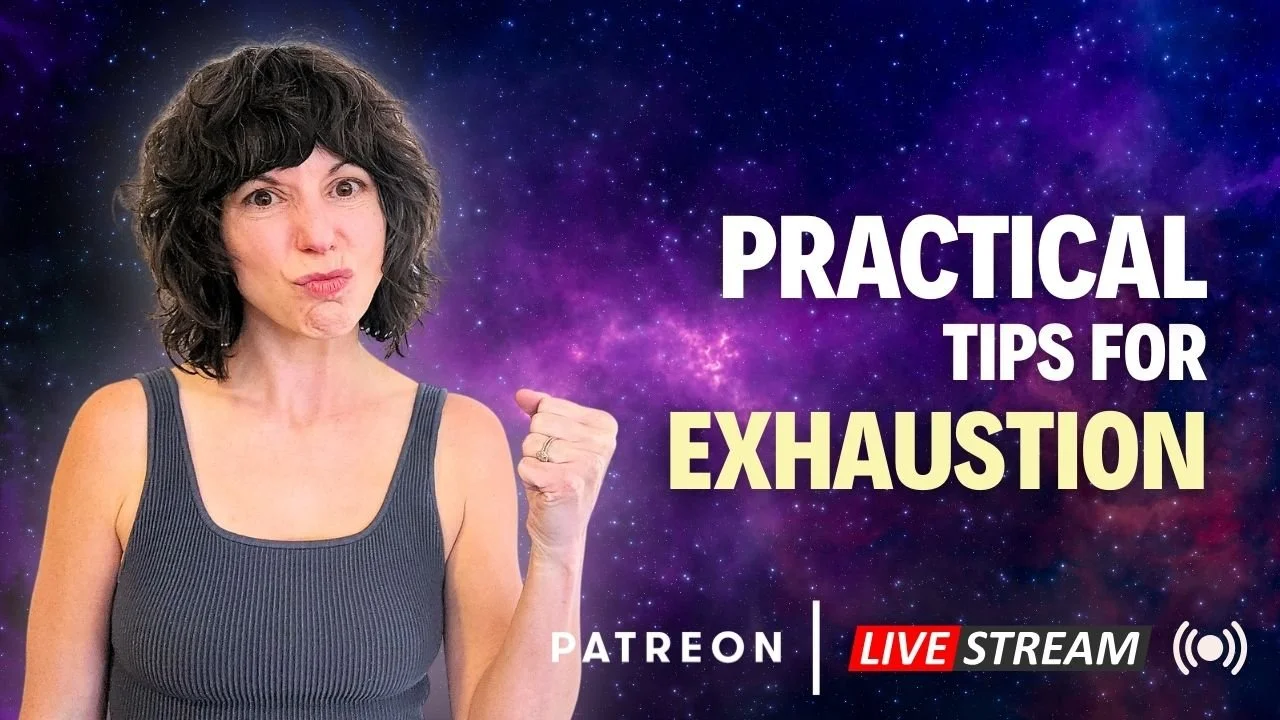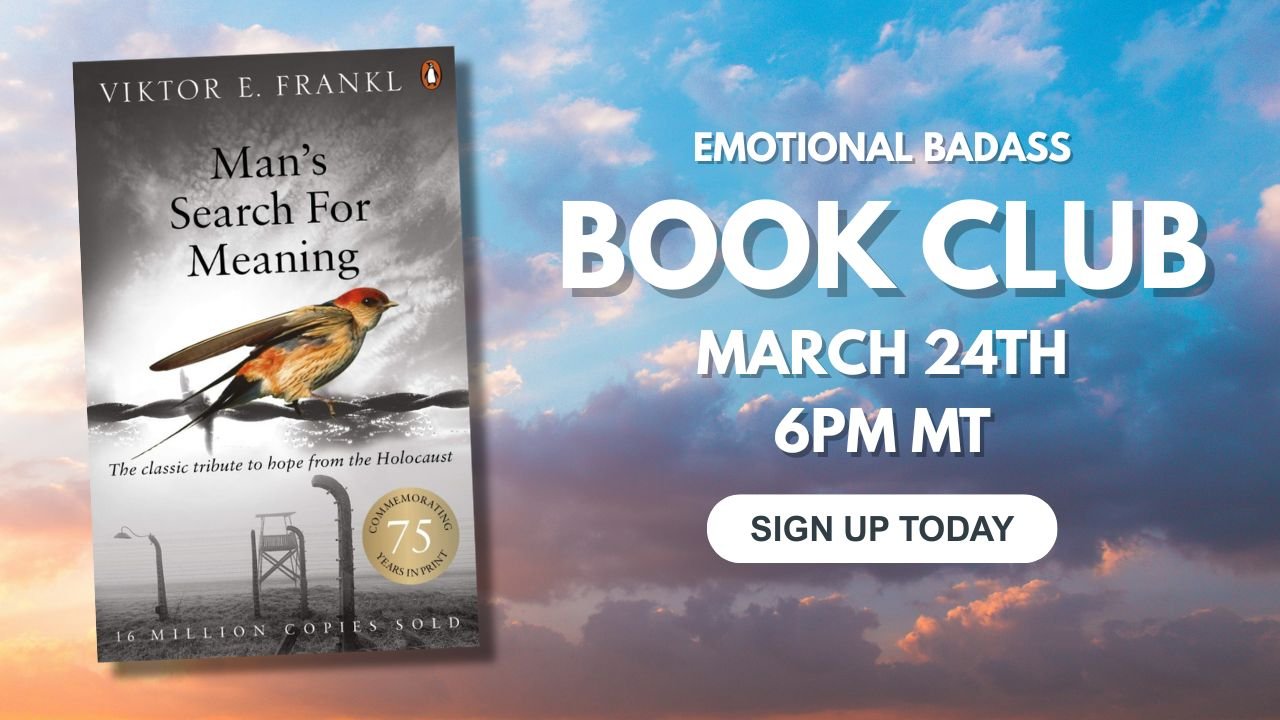How Critical Thinking and Embracing Discomfort Can Build Emotional Resilience: The Tissue Box Story
Today I invite you to journey with me into the realms of critical thinking and the routine choices we confront in our everyday lives. My counseling studies were immersed in complex subtleties, which, to my concern, seem to be vanishing in today's academia. Over the past decade, I've been observing a trend that's leaving its mark on Western culture. Later in this post, I will share a pivotal anecdote that had a profound influence on both my personal and professional evolution.
My university years served as a testing ground for my thought processes, compelling me to confront and question. These academic years honed my critical thinking abilities, taught me to discern between robust and weak arguments, and developed a mindset that vehemently rejected victimhood. In our collegiate environment, acting the victim was simply not an option. Instead, we were conditioned to endure, to navigate through any discomforting or offensive scenarios. The landscape of classrooms, collaborations, and a diverse array of personalities mandated cooperation despite friction or differences. This cooperative ability was seen as a success metric because it was less about individual comfort and more about collective functioning.
Today, I am troubled by the excessive emphasis on comfort and emotional wellbeing in higher education. Since my graduation in 2006, I have observed the pendulum swing from an extreme disregard for feelings to an overemphasis on emotional comfort, and equating discomfort with trauma. This shift is something I fundamentally disagree with, speaking as a human being, a survivor of trauma, and a therapist specializing in trauma.
During my college years, the need to balance academics with an unpaid internship and a paid job taught me how to confront seemingly impossible tasks, instilling in me a sense of resilience. A comfortable life does not breed resilience. I am not advocating for adversity, but I am expressing my concern about the current societal trend of equating discomfort with trauma and an unwarranted entitlement to constant comfort.
From my professional perspective, it's crucial to recognize that growth often involves discomfort. This is a reality we must embrace despite our natural inclination to resist. The existence of phrases like "growing pains" underscores this fact. Emotional maturity, like physical growth, involves its share of discomfort.
A recent interaction with several young adults who lived in various non-westernized countries offered illuminating insights. They reported a refreshing sense of freedom from the expectation of constant comfort and the right to never be offended. This experience empowered them to form and navigate relationships more effectively, even when faced with hurtful situations.
These experiences underscore the limitations of the protective bubble we've constructed in America, a bubble I refer to as "safetyism". This protective stance, although rooted in the quest for progress, fairness, and comfort, may inadvertently be fueling societal narcissism, fostering an unending dissatisfaction with our reality.
An important question arises: When do we teach the concept of 'good enough'? Is it possible to be content with what's 'good enough'? At what point do we stop pursuing perfection and accept adequacy to avoid the despair and depression that accompany unattainable standards? How can we, as a society, address this complex issue?
The following anecdote serves as a window into the often-overlooked subtleties in human interactions. These subtleties can significantly influence our decision-making, impacting both individual psychology and, consequently, our global community's mental health.
During my training as a therapist, a group of professors suggested it was inappropriate to offer a tissue to a crying client. The rationale was that doing so could disempower the client, implying that they needed someone else to assist them in their moment of suffering. Over time, this rationale resonated with me. However, something about it also unsettled me.
This internal conflict continued until one day when, against the advice of my professors, I offered a tissue to a deeply distraught man. The transformative power of this simple act made me question the rigid stance I had maintained until that moment. It made me realize that while we should encourage individual empowerment, we must also acknowledge the innate human need for connection and care.
These experiences underscore the complexity of human interactions. We cannot rely solely on scientific understanding when dealing with these complexities. We must balance our reverence for science with our recognition of the unquantifiable aspects of humanity that go beyond what we can test or prove.
With every word I write, I commit myself to unraveling the myriad messages that shape our lives – from intentionally manipulative to well-meaning ones. Growth comes from introspection, the freedom to formulate our conclusions, and the courage to see things from different perspectives.
We must trust our intuition, even when we can't immediately understand the feelings stirring within us. It is through this trust that we can continue to peel back the layers of misunderstanding and misconception, fostering deeper self-understanding and inner peace.
As we journey together through the complex landscapes of human experiences, I want to emphasize that life is not always about seeking ease. It is about growth, often accompanied by growing pains. For those interested in further exploring this topic, I've created some stimulating journal prompts available at our Patreon. These prompts are designed to provoke thought and facilitate meaningful discussions. So, join us on Patreon, and let's continue this conversation.
Episode Tags
- ADD 1
- Abuse 17
- Alcohol 3
- Anger 11
- Archetypes 1
- Bullying 6
- Childhood 37
- Codependency 11
- Covid 4
- Crystal Catalina 4
- Depression 15
- Detachment 2
- Disassociation 4
- Emotions 75
- Existentialism 2
- Faith 1
- Family 28
- Fatigue 4
- Focus 3
- Gratitude 11
- Grief 14
- Guilt 2
- Healers 7
- Healing 52
- High Sensation 4
- Hope 1
- Hypervigilance 7
- Introverts 6
- Lonliness 9
- Love 3
- Manifesting 5
- Manipulation 20
- Masculinity 1
- Men 1
- Mindfulness 39
- Money 10
- Music 3
- Nutrition 2
- Overthinking 8
- PTSD 13
- Parenting 12
- People Pleasing 10
- Perfectionism 6
- Pets 4
- Relationships 21
- Resiliency 14
- Sadness 1
- Self Esteem 19
- Self Love 11
- Self Respect 1
Upcoming Events
Episode Tags
- ADD 1
- Abuse 17
- Alcohol 3
- Anger 11
- Archetypes 1
- Bullying 6
- Childhood 37
- Codependency 11
- Covid 4
- Crystal Catalina 4
- Depression 15
- Detachment 2
- Disassociation 4
- Emotions 75
- Existentialism 2
- Faith 1
- Family 28
- Fatigue 4
- Focus 3
- Gratitude 11
- Grief 14
- Guilt 2
- Healers 7
- Healing 52
- High Sensation 4
- Hope 1
- Hypervigilance 7
- Introverts 6
- Lonliness 9
- Love 3
- Manifesting 5
- Manipulation 20
- Masculinity 1
- Men 1
- Mindfulness 39
- Money 10
- Music 3
- Nutrition 2
- Overthinking 8
- PTSD 13
- Parenting 12
- People Pleasing 10
- Perfectionism 6
- Pets 4
- Relationships 21
- Resiliency 14
- Sadness 1
- Self Esteem 19
- Self Love 11
- Self Respect 1




















